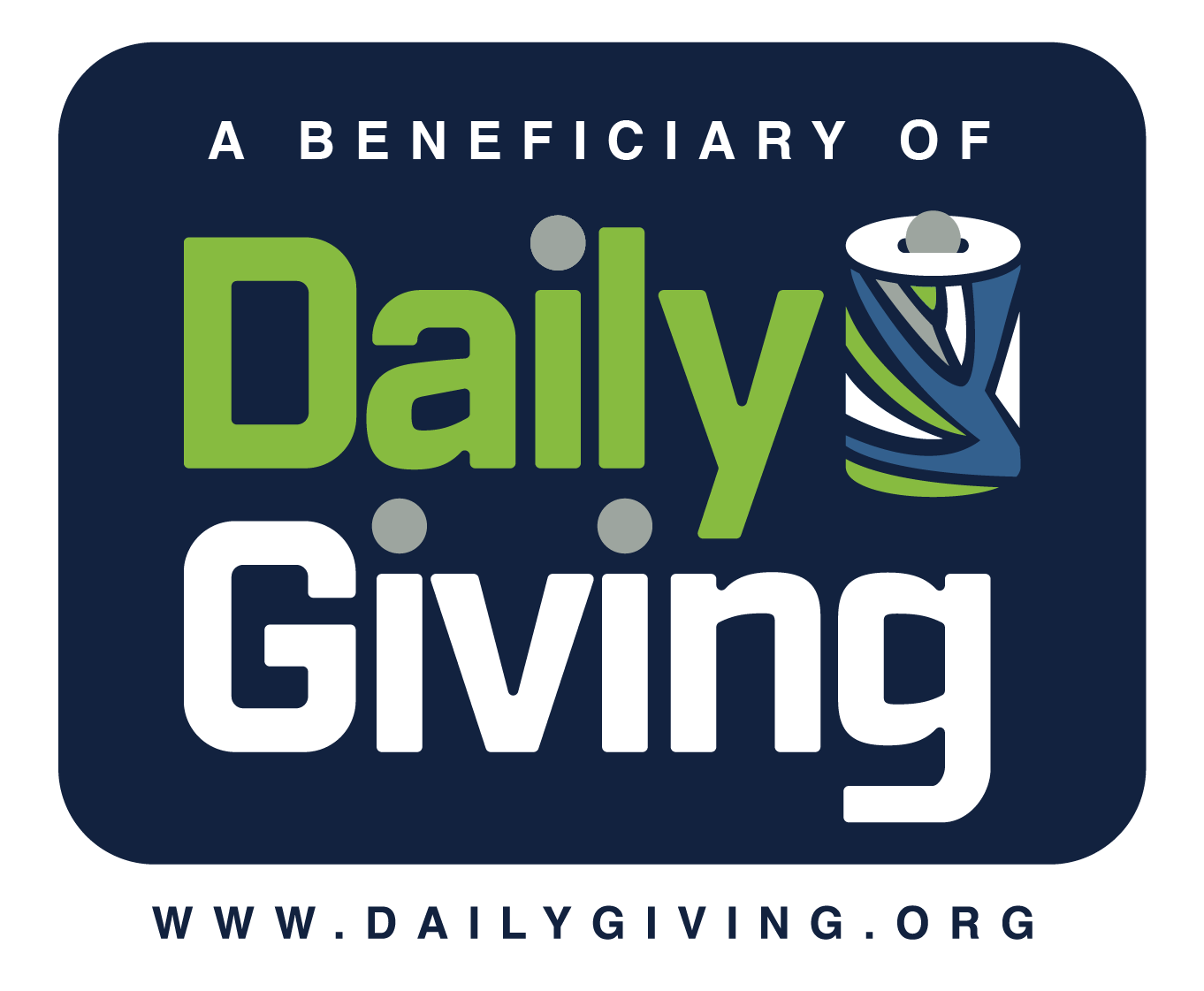Dos and Don'ts of the Omer

As we all know, Rabbi Akiva had twenty-four thousand students, who died during the period of Pesach and Shavuot - because they did not give appropriate honor to one another. In commemoration of this tragedy, we observe several practices of mourning during the days of Sefirat Ha'omer. Below are some of the customs Sephardic communities practice during this time of the year.
The basic prohibitions include weddings, haircuts / shaving, listening to musical instruments, and dancing. The prohibitions are in effect during the first 34 days of the Omer (with a few exceptions).
With regards to shaving, one should refrain from shaving even if he doesn't look "professional" with a beard. The only room for leniency is if someone is to suffer a financial loss if he were to come to work not clean shaven. In today's democratic society this is very unlikely. Though, if one is in such a situation he should contact his Rabbi as to how to conduct himself.
As for music, it is permissible to have music at a meal celebrating a Brit Milah, Pidyon HaBen, Bar Mitzvah [celebrated at its exact date], and at a Siyum Masechet. Otherwise, one should not listen to any musical instruments during this time except on Chol Hamoed, which is permitted.
As for buying new clothes, according to many opinions it is a good custom not to buy or wear new clothes during this period and this is the custom of many communities. However, it seems that this is not the opinion of Maran HaShulchan Aruch, as he did not write this restriction when he enumerated the different prohibitions that take place during the Omer. Therefore, some Sephardic communities are lenient with this regard. One should consult with his or her Rabbi as to how to conduct.
As we all know, Rabbi Akiva had twenty-four thousand students, who died during the period of Pesach and Shavuot - because they did not give appropriate honor to one another. In commemoration of this tragedy, we observe several practices of mourning during the days of Sefirat Ha'omer. Below are some of the customs Sephardic communities practice during this time of the year.
The basic prohibitions include weddings, haircuts / shaving, listening to musical instruments, and dancing. The prohibitions are in effect during the first 34 days of the Omer (with a few exceptions).
With regards to shaving, one should refrain from shaving even if he doesn't look "professional" with a beard. The only room for leniency is if someone is to suffer a financial loss if he were to come to work not clean shaven. In today's democratic society this is very unlikely. Though, if one is in such a situation he should contact his Rabbi as to how to conduct himself.
As for music, it is permissible to have music at a meal celebrating a Brit Milah, Pidyon HaBen, Bar Mitzvah [celebrated at its exact date], and at a Siyum Masechet. Otherwise, one should not listen to any musical instruments during this time except on Chol Hamoed, which is permitted.
As for buying new clothes, according to many opinions it is a good custom not to buy or wear new clothes during this period and this is the custom of many communities. However, it seems that this is not the opinion of Maran HaShulchan Aruch, as he did not write this restriction when he enumerated the different prohibitions that take place during the Omer. Therefore, some Sephardic communities are lenient with this regard. One should consult with his or her Rabbi as to how to conduct.


